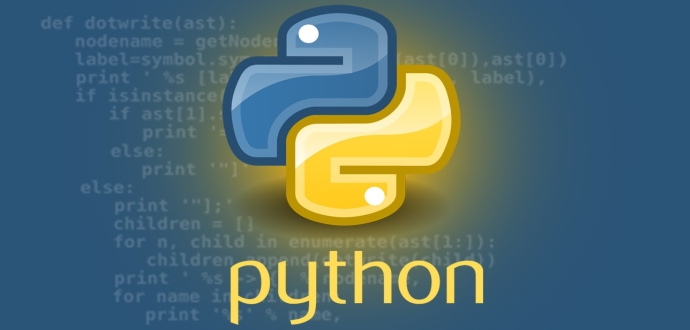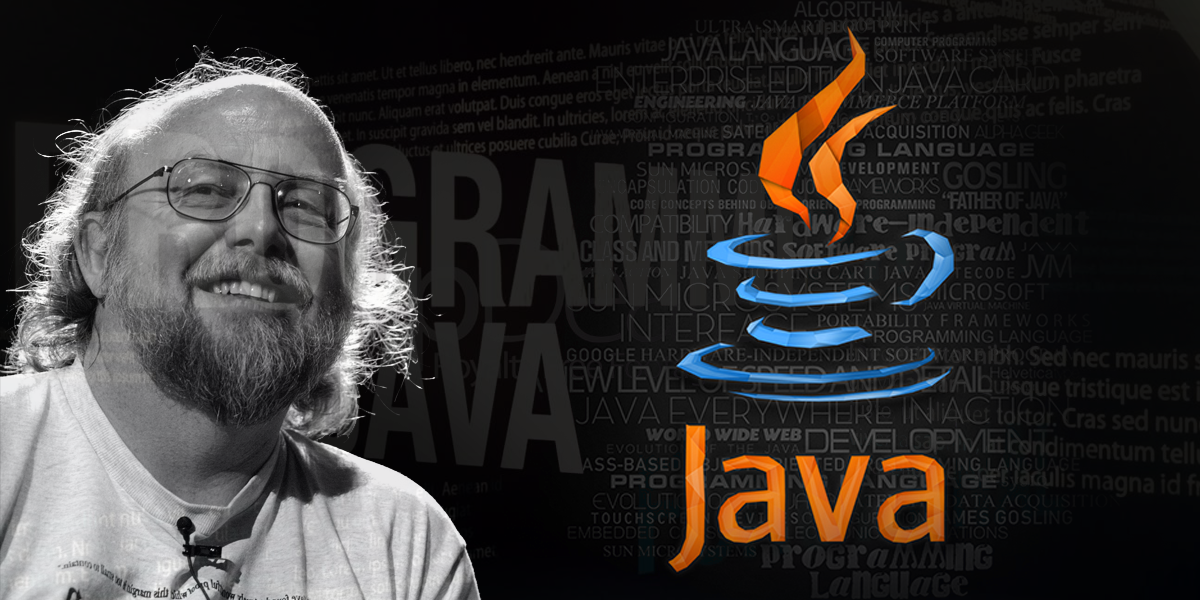
Fortran, 1950
Fortran (short for Formula Translation) is a high-level programming language designed for numerical and scientific computing. Developed in the 1950s, it has evolved over the years and remains widely used in fields such as engineering, physics, and weather modeling.
- paradigm: Procedural, Imperative
- Use Cases: Numerical and scientific computing, simulations
- compilation: Compiled language
- Typing System: Static typing
- Error Handling: Compile-Time and Runtime errors
- Maintenance: Legacy language, still supported (Fortran 2018)


